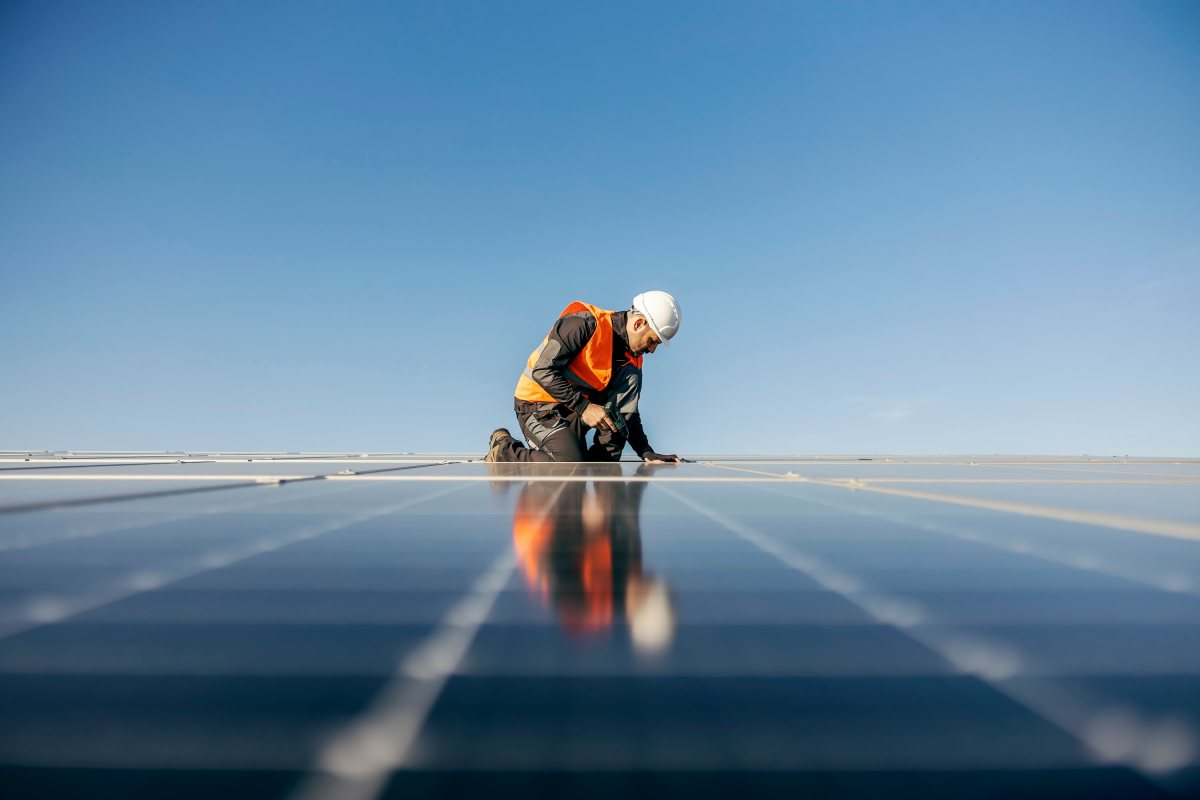
For an industry that’s about 20 years old, residential solar is still pretty tumultuous.
Some of that can be blamed on shifting regulations, like what happened in California last year where a policy update lengthened the amount of time it took for homeowners to recoup their investments. But other bumps can be attributed to the quirks of the industry itself: It’s a labor intensive business that’s resistant to automation and heavily fragmented. The biggest installer, publicly traded Sunrun, has just 13% of the market.
“This is the solar coaster. It is crazier than many other services industries,” Lee Kesheshian, founder and CEO of Civic Renewables, told TechCrunch.
With most residential solar panels installed by smaller companies, customer experience can be a mixed bag. Some companies are great, others less so. To try to address the quality and consistency problem, Civic Renewables is buying small installers and rolling them up.
“Generally speaking, these are really good construction people,” Kesheshian said. But, he added, they may not have the best bookkeeping practices, or they’re keeping their business alive based on a personal line of credit. “We say, look, focus on what you do well, which is, you’re an amazing electrician. Let’s focus on that,” he said. “Now let’s go and put those systems in place under this umbrella.”
Each company that Civic Renewables buys will retain its branding but append the umbrella organization’s name. Civic will provide the usual back office support that happens with such deals, including human resources, finance and procurement. It’ll also be providing training for new employees. For now, that’ll cover solar installations. In the future, as the business expands, that might include things like heat pumps.
For Kesheshian, who was previously a VP at Tesla and COO at Palmetto Solar, the workforce component is a key part of the plan. “How can we go into these markets that haven’t traditionally been solar markets? The only way you’re going to make a change in these places is by giving people jobs.”
As a result, improving profitability isn’t about headcount, but instead finding ways to grow each business faster while reaping the benefits of scale.
Civic Renewables has purchased two installers so far, Green Rack Solar in Pittsburgh and Ipsun Solar in Fairfax, Virginia, and Kesheshian said he could see the company buying two more this year. The company will continue to focus on the Mid-Atlantic and Midwest for the foreseeable future.
The startup is backed by GEF Capital Partners, a private equity firm focused on climate tech, conservation and sustainability. “We put in a few million dollars in, just to get the business going,” managing partner Stuart Barkoff said. The firm has some money earmarked for Civic to make further acquisitions, but it wouldn’t confirm how much. Kesheshian said he hopes to get to the point where Civic can underwrite future purchases on its own.
The plan for GEF is to grow Civic to somewhere around $30 million worth of earnings before interest, tax, depreciation and amortization (EBITDA). “That’s a very attractive asset for a number of investors in the market,” Barkoff said.
Because solar has been around for a while, the business plan underpinning Civic Renewables could show a path for at least part of the climate tech market. Much of the work around decarbonization will require skilled labor that won’t be easily replaced. There might be a lot of buzz around automation, but there’s still plenty of money and opportunity in the trades.
